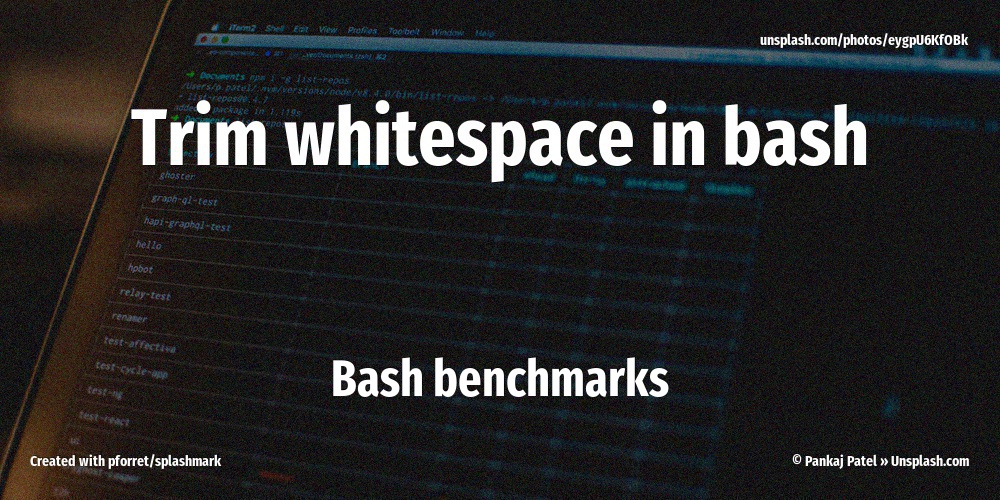15 Jan 2023
I have been driving my Tesla Model Y 2021 for almost 18 months now,
and while I do not really suffer from EV Range Anxiety,
I would like to nuance the official range of the Tesla Model Y LR, which is 330 miles / 533km range.
That number very much feels like a theoretical maximum. It is not the number you should have in mind when you’re deciding on the next car to buy.

15 Dec 2022
Post #8 in this bash benchmark series,
measuring the speed of common bash operations.
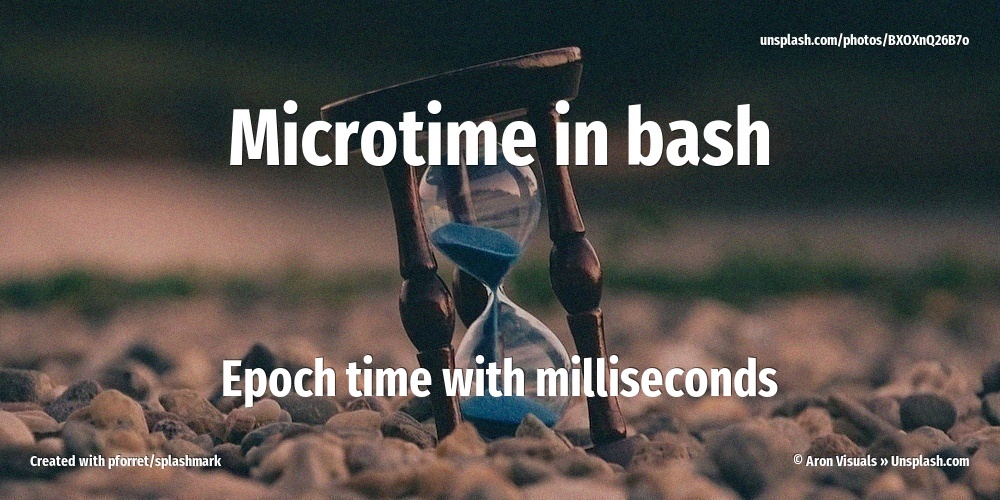
15 Oct 2022
GitHub Actions, used in countless CI/CD setups, are a good example of the ubiquity of bash scripting. Most of the run: lines in an Action YML document are nothing but (a sequence of) bash command lines.
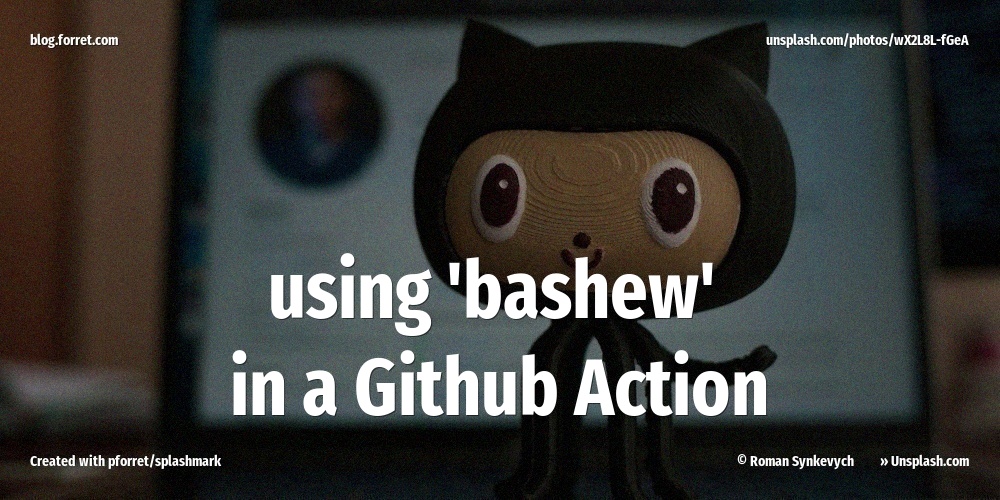
15 Sep 2022
Every end of the month, as I spend several hours getting on top of all my receipts, expenses and invoices, scanning barely legible paper tidbits with my phone,
I’m thinking to myself, surely there must be a better way? I mean, we are 2022, after all?
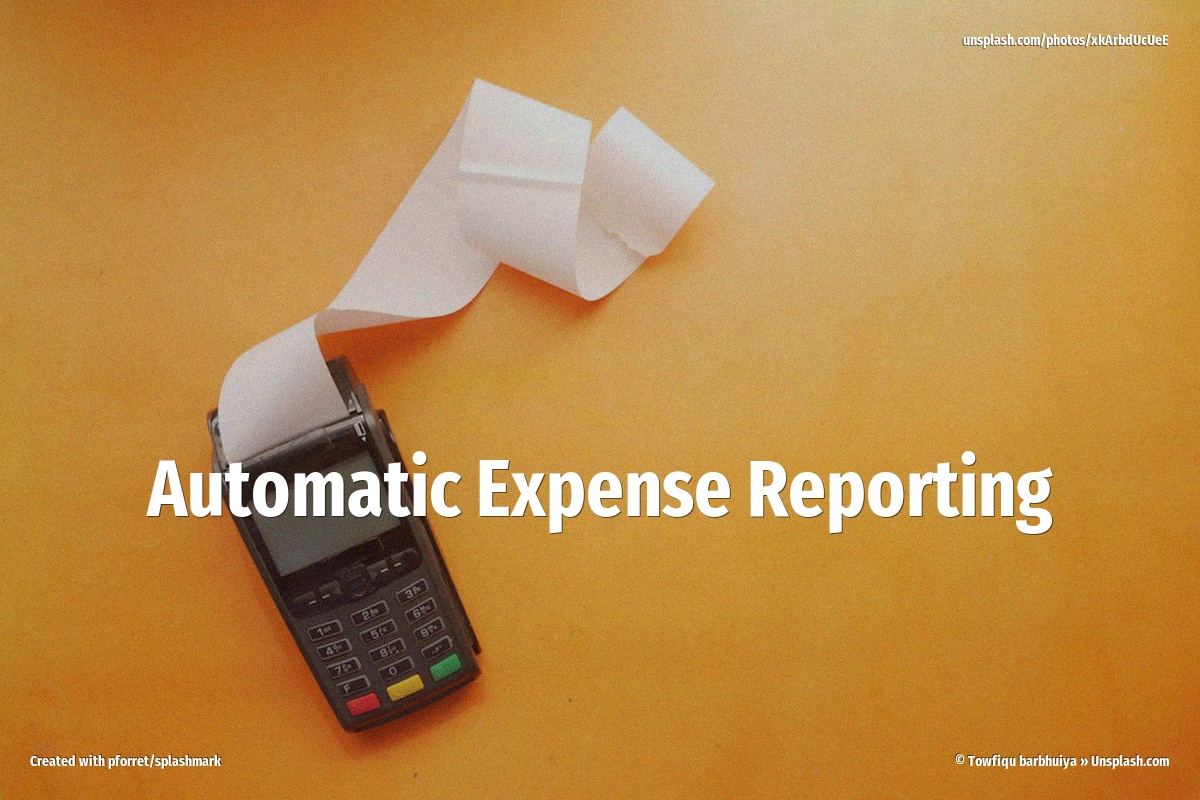
02 May 2022
I have been working on GDPR-related issues recently, and I need to vent a little.
While it might be a good thing that the privacy concerns, that led to GDPR, were raised by
lawyers, unfortunately the implementation was left to lawyers, too.
Let me rant first and talk about a solution afterwards.

19 Apr 2022
Post #7 in this bash benchmark series,
measuring the speed of common bash text manipulations.
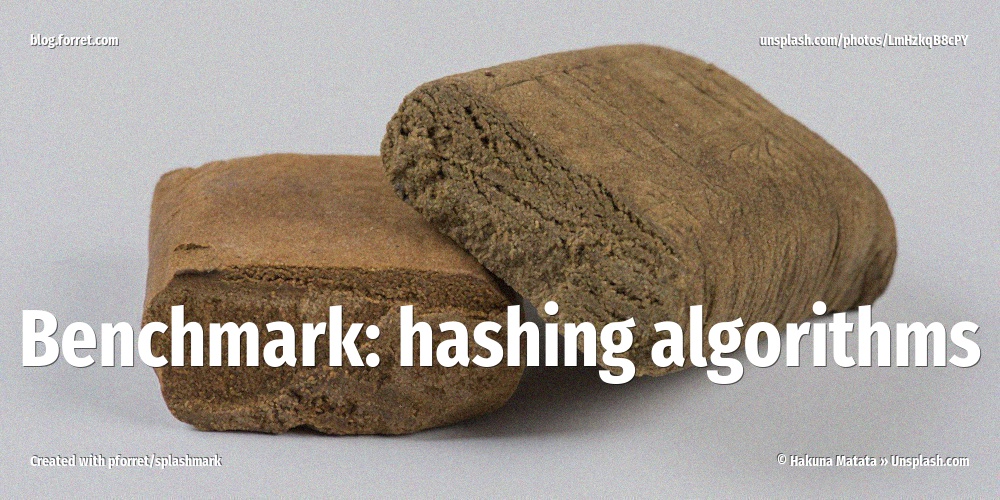
18 Apr 2022
Post #6 in this bash benchmark series,
measuring the speed of common bash text manipulations.

15 Apr 2022
Post #5 in this bash benchmark series,
measuring the speed of common bash text manipulations.
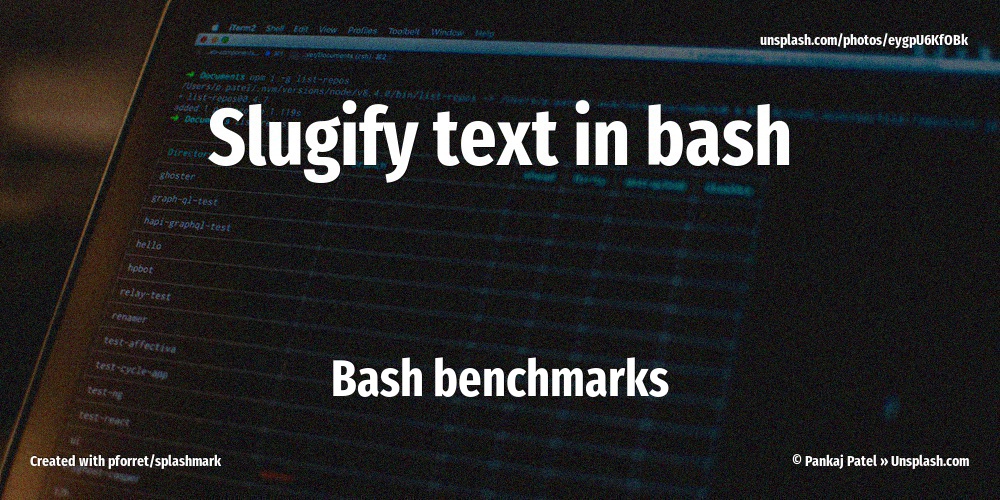
08 Apr 2022
Post #4 in this bash benchmark series,
measuring the speed of common bash text manipulations.
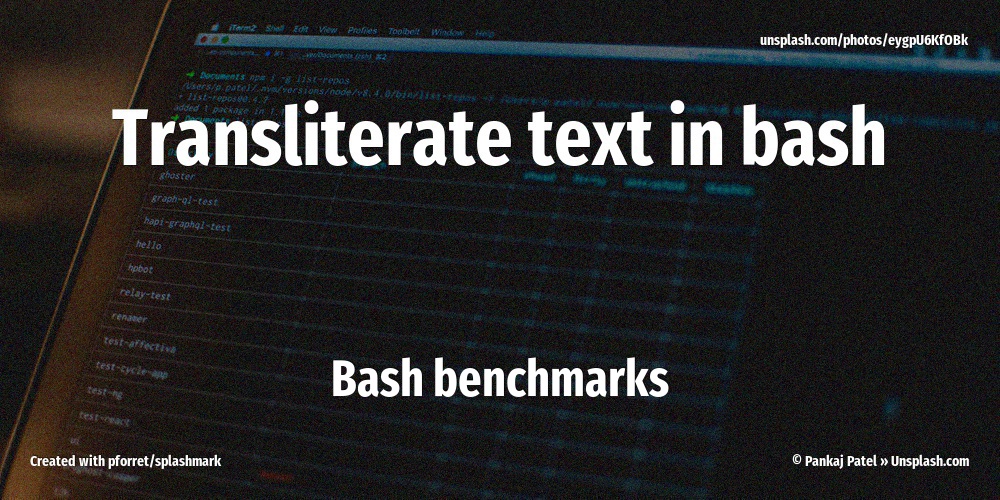
25 Mar 2022
Post #3 in this bash benchmark series,
measuring the speed of common bash text manipulations.
